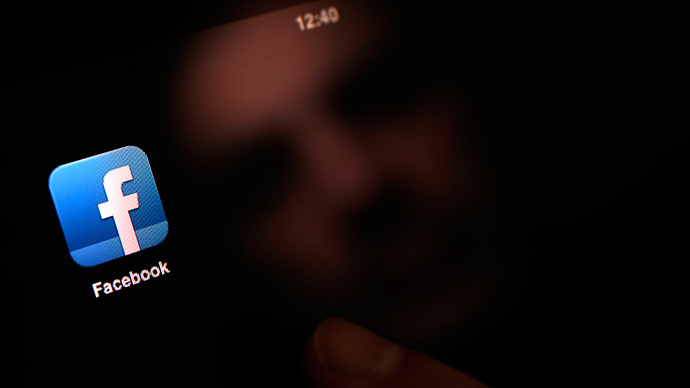California students rally to kill school district’s unconstitutional social media policy

High school students have helped bring about a repeal of a California district’s stifling new social media policy, which threatened to strip students of extracurricular activities for engaging in online activities, even in their free time.
Last spring, the Lodi School District adopted the policy,
“Social Networking by Student-Athletes and Co-Curricular
Participants,” which required all students and their parents
agree to if they wanted to participate in extracurricular
activities. The guidelines applied to students at all times,
including off-campus.
According to the Student Press Law Center, the regulations sought
to outlaw: “(1) speech making references to violence or to
alcohol or drug use, (2) speech indicating knowledge of
cyberbullying, (3) speech that is “demeaning” about any person,
(4) “liking” or “retweeting” a social media post that contains
prohibited speech, and (5) “subtweeting,” or posting a comment on
Twitter that refers to a person who is not named.”
Students at Bear Creek High School in Stockton started
circulating a district-wide petition among fellow students to
repeal the new regulations. At a district board meeting in early
August, Bear Creek students led the effort to vocalize
dissatisfaction with the guidelines.
School and district officials countered, saying the regulations
aim to combat cyberbullying, even though the policy only pertains
to part of the student body.
"Online bullying is a problem, and we are looking to safeguard
our students, because it is rampant," Bear Creek Principal
Bill Atterberry told KCRA.
Atterberry said the school district’s attorneys looked at the
policy and “said it was fine,” adding students also sent
the policy to lawyers of their own.
In addition, the Student Press Law Center and the ACLU of
Northern California wrote to the district in mid-August, asking
for an immediate end to the enforcement of the “draconian and
constitutionally infirm” rules.
Amid the growing pressure, the school district dropped the
mandatory policy, positing it was “more of a guideline.”
“We will revise the statement in order to clearly communicate
the original intent, which was to describe how social networking
can lead to consequences at school,” the district’s
superintendent wrote of the rescission.














